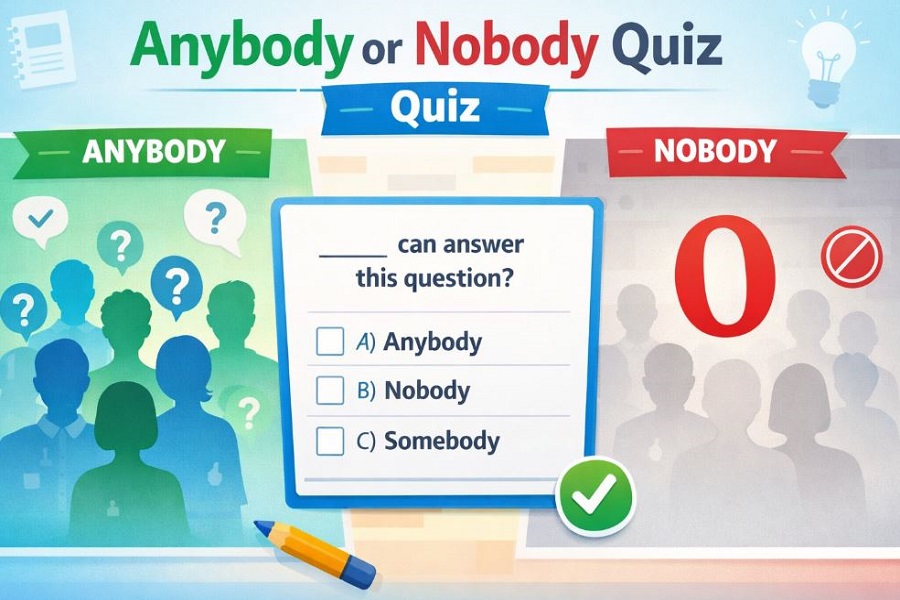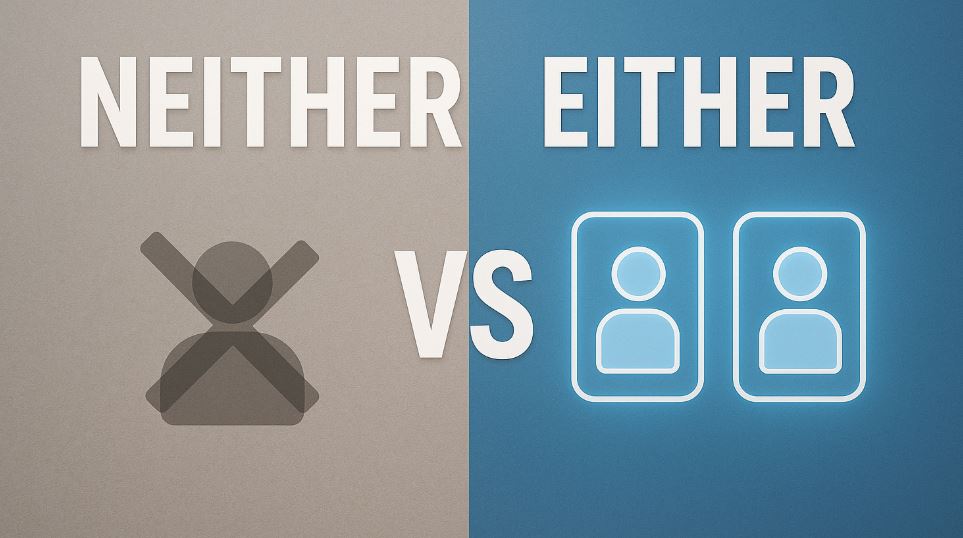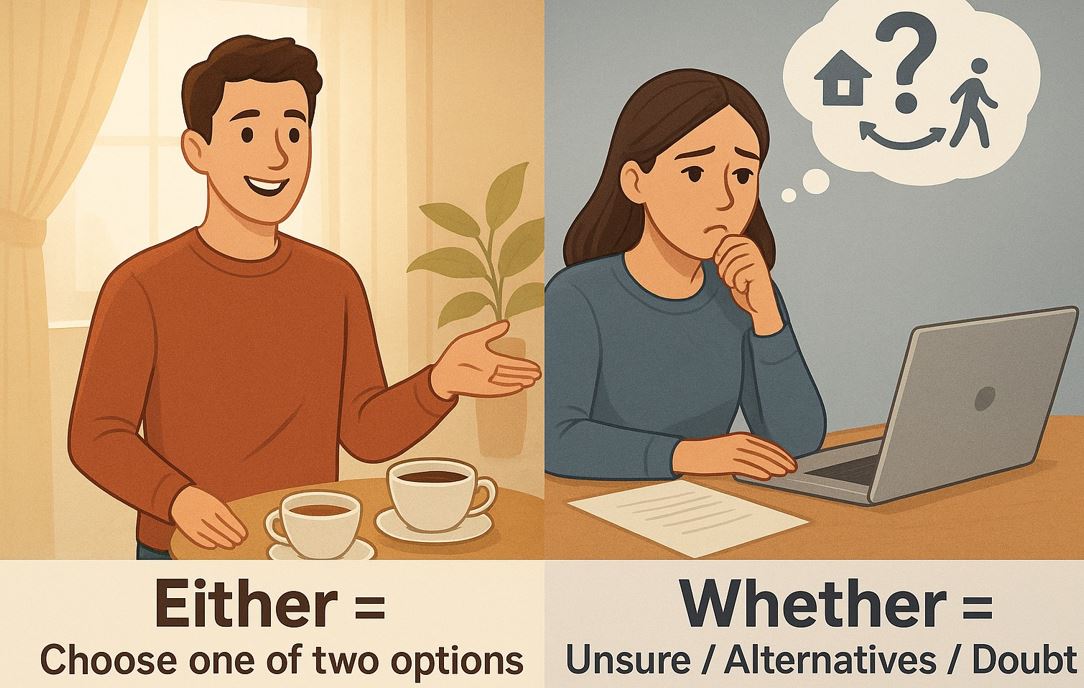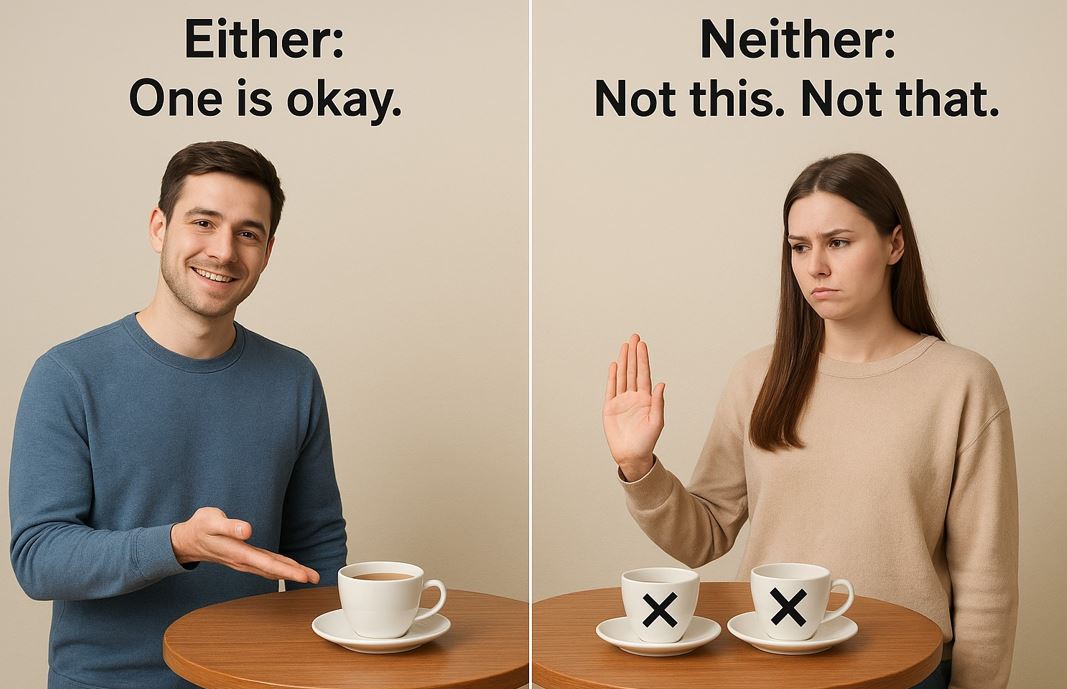Anybody or Nobody Quiz | Meaning, Usage, Differences & Quizzes
The words “anybody” and “nobody” are common in everyday English, yet they often confuse learners and even native speakers. Both are indefinite pronouns, meaning they refer to people in a general or non-specific way. However, their meanings are opposite. Understanding the correct use of anybody or nobody is essential for clear communication, grammar accuracy, and … Read more










